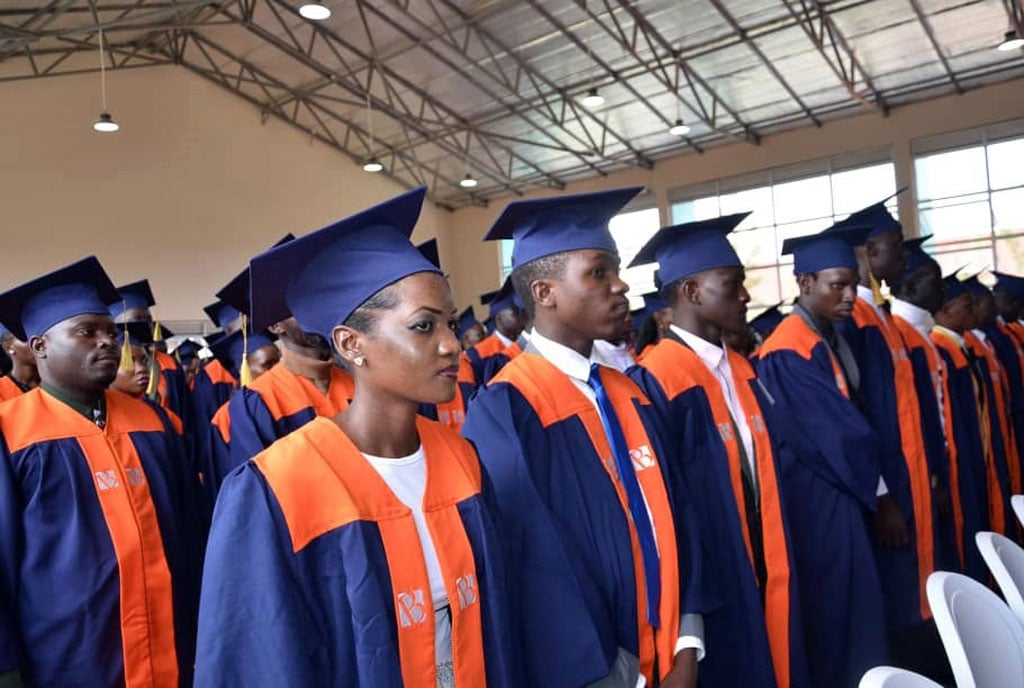Prime
Somalia power struggle escalates over security minister's sacking

This combination of file pictures created on September 07, 2021 shows Somalia's President Mohamed Abdullahi Mohamed (L), commonly know as Farmajo and Somalia’s Prime Minister Mohamed Hussein Roble (R). PHOTO/AFP
What you need to know:
- The Al-Qaeda allies were driven out of Mogadishu a decade ago but retain control of swathes of countryside and continue to stage deadly attacks in the capital and elsewhere.
A damaging power struggle between Somalia's top political leaders escalated further on Thursday as they locked horns over the premier's dismissal of the security minister.
The very public feud between President Mohamed Abdullahi Mohamed, commonly known as Farmajo, and Prime Minister Mohamed Hussein Roble has plunged the troubled country into fresh crisis as it struggles to hold long delayed elections and keep an Islamist insurgency at bay.
In a late-night move on Wednesday, Roble fired the country's security minister and replaced him with a Farmajo critic, triggering an angry response from the president.
The prime minister attended a swearing-in ceremony Thursday for the new minister, Abdullahi Mohamed Nur, pressing ahead despite Farmajo declaring his elevation invalid.
It was the second time the pair clashed in recent days over hirings and firings within Somalia's security agencies, raising fears of an all-out power struggle at the highest levels of government.
Earlier this week Roble sacked the head of the National Intelligence and Security Agency (NISA) over his handling of a high-profile inquiry into the disappearance of a young intelligence agent.
Farmajo said the sacking was "illegal and unconstitutional" and overruled his prime minister, naming another appointee to the top job, and appointing the dumped intelligence chief as his national security adviser.
Roble accused Farmajo of "obstructing" the investigation into the missing spy, and warned that interference in Somalia's justice agencies posed a "dangerous existential threat" to the country.
'Don't want to create fear'
The spat has raised the political temperature in Mogadishu and fears of violence, with military units close to Farmajo's office seen stationed outside NISA headquarters on Wednesday.
Police chief general Abdi Hassan Mohamed Hijar said on Thursday the situation remained calm and in control.
"It is our country and security that matters, it is the election and our unity that matters. We don’t want to create fear, and people should not panic, because our security forces are able to ensure stability in the country," he said.
This week journalists at state-run media outlets reported being instructed not to broadcast messages from Farmajo, whose four-year mandate expired in February.
"We have been told by the minister to stop reporting on matters from the president's office related to the political conflict," a staffer at the Ministry of Information told AFP on condition of anonymity.
A Swedish-trained civil engineer and political newcomer, Roble was appointed prime minister by Farmajo in September last year after his predecessor was ousted in a parliamentary no-confidence vote.
But the two men have clashed often, with the row threatening to throw an already fragile electoral process into deeper peril.
The international community has encouraged both leaders to focus on the elections, which are already months behind schedule.
"We urge Somali leaders to de-escalate the political confrontation surrounding this investigation and, in particular, avoid any actions that could lead to violence," said a statement issued Tuesday by the UN Assistance Mission in Somalia.
Farmajo's mandate was extended by parliament in April, setting off deadly gun battles in the streets of Mogadishu, with some rivals viewing it as a flagrant power grab.
Roble was appointed to ease the political tensions and deliver elections, and a new timetable to a vote was cobbled together.
But the process fell behind, and Roble has accused Farmajo of trying to reclaim "election and security responsibilities" from him.
Elections in Somalia follow a complex indirect model, whereby state legislatures and clan delegates pick lawmakers for the national parliament, who in turn choose the president.
The next phase is scheduled between October 1 and November 25.
Analysts say the election impasse has distracted from Somalia's larger problems, most notably the violent Al-Shabaab insurgency.
The Al-Qaeda allies were driven out of Mogadishu a decade ago but retain control of swathes of countryside and continue to stage deadly attacks in the capital and elsewhere.
Last week, NISA said the intelligence officer abducted near her home in June was killed by the Islamist extremists.
But Al-Shabaab denied any role in the disappearance of 25-year-old Ikran Tahlil, whose family has accused NISA of murdering her.





